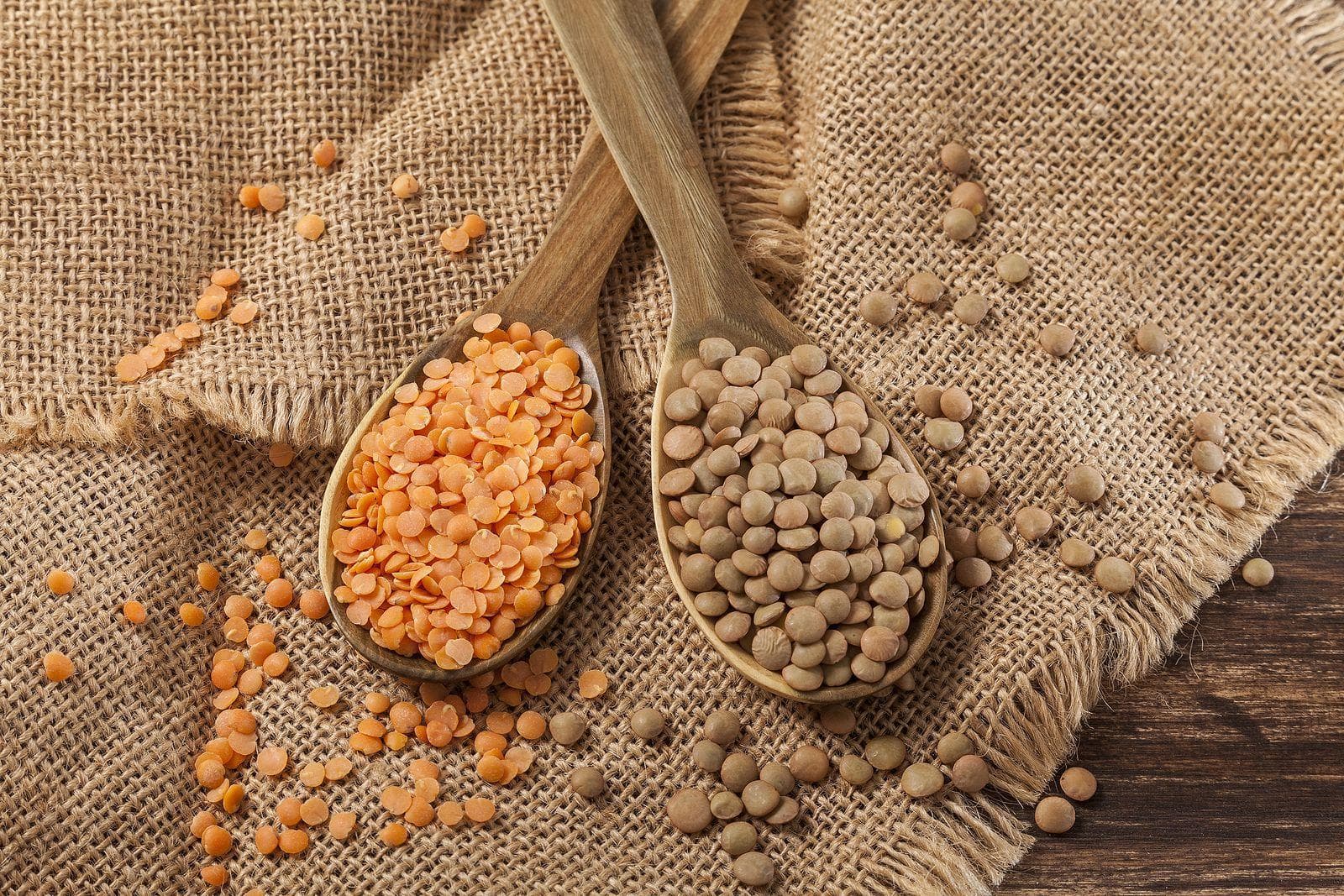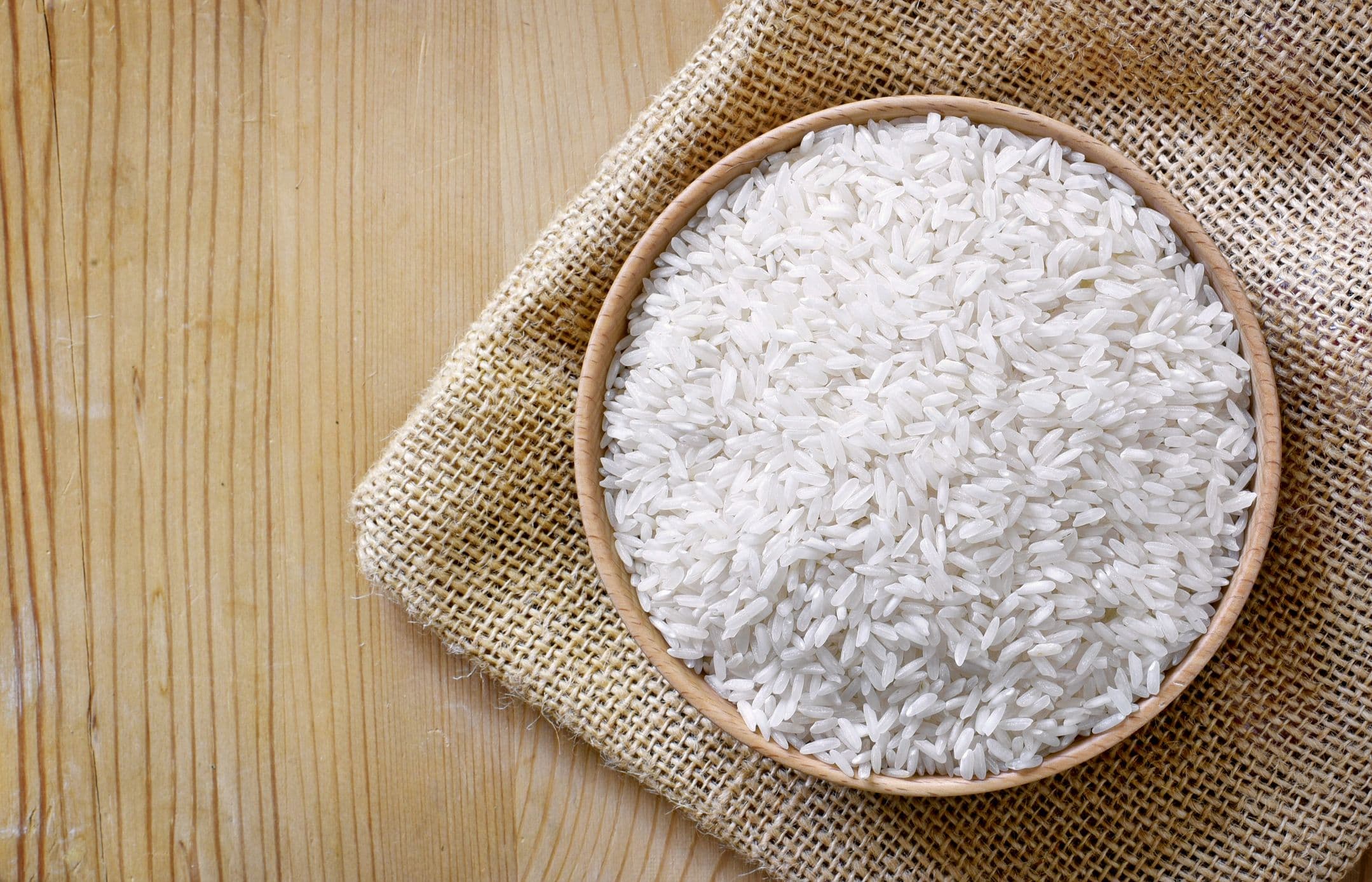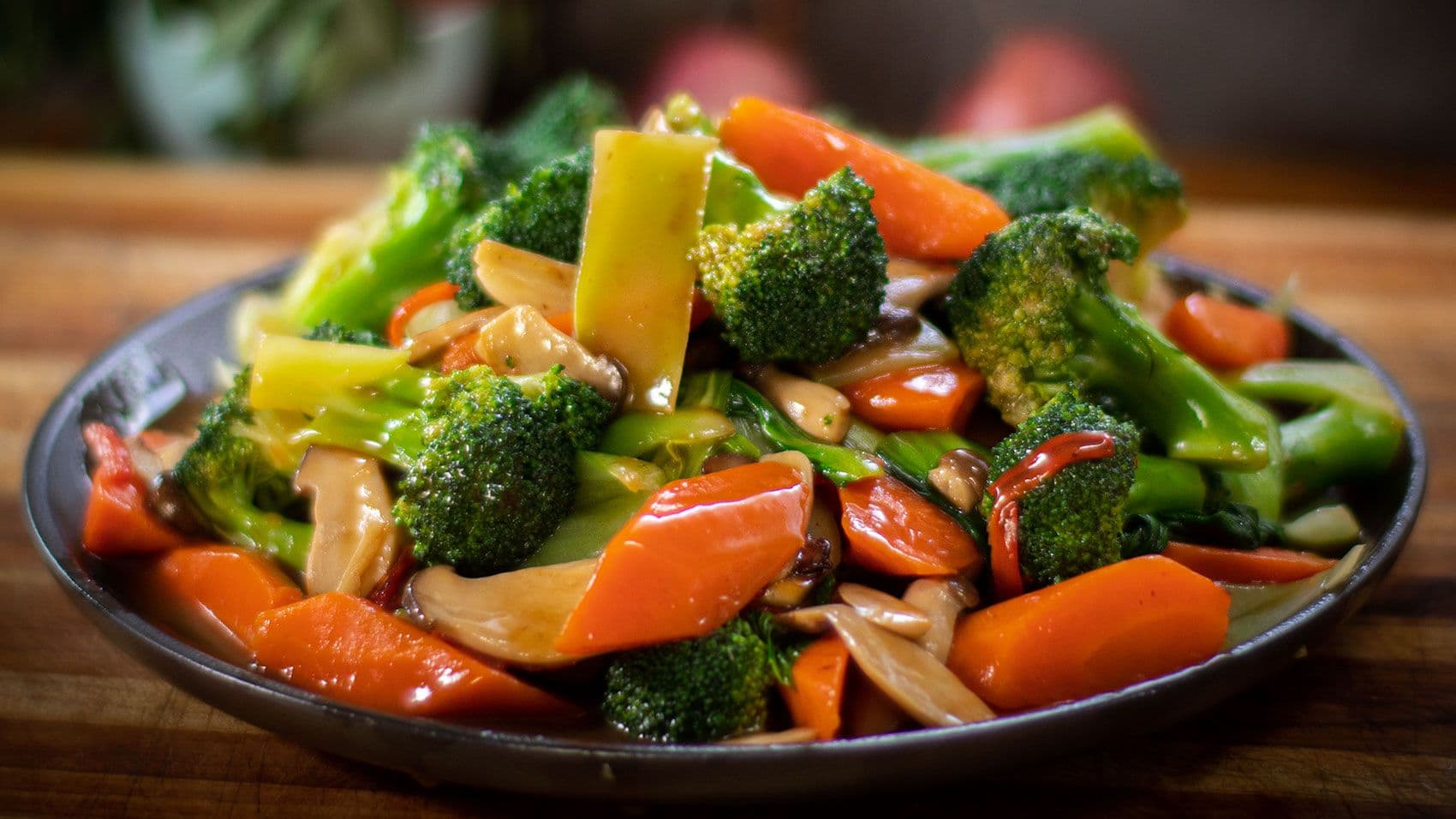Introduction
Lentils are one of the oldest and most versatile foods in global cuisine. This humble legume has been a staple in many cultures due to its ease of cultivation, affordable cost, and, most importantly, its impressive nutritional profile. Throughout history, lentils have been valued not only for their taste but also for the health benefits they provide, making them an essential ingredient in various diets.

Nutritional Benefits of Lentils
Lentils are a rich source of essential nutrients that benefit health in many ways. They are particularly known for their high fiber content, which helps regulate the digestive system and maintain stable blood sugar levels. Additionally, lentils are an excellent source of non-heme iron, making them a key food for those following vegetarian or vegan diets. Their content of B vitamins, especially folic acid, is essential for energy production and nervous system health.
These small legumes are also low in fat and calories, making them ideal for those looking to maintain or lose weight. Their combination of protein, fiber, and essential nutrients not only supports a balanced diet but also contributes to cardiovascular health by reducing LDL cholesterol levels and blood pressure. Incorporating lentils into your daily diet is an effective way to obtain a wide range of health benefits.

Antioxidant Properties of Lentils
Lentils contain a variety of antioxidants that play a crucial role in protecting the body against damage caused by free radicals. Among these antioxidants are polyphenols, compounds that help reduce inflammation and the risk of chronic diseases such as heart disease and cancer. These polyphenols not only protect the body’s cells but also contribute to improved immune function.
Additionally, lentils are a rich source of antioxidant vitamins and minerals, such as vitamin C and selenium, which work together to neutralize free radicals and protect cells from oxidative damage. Regular consumption of lentils can contribute to a stronger immune system and a lower incidence of chronic diseases related to oxidative stress.

Lentils as a Source of Plant-Based Protein
Lentils are one of the richest sources of plant-based protein, making them a key food for those following vegetarian or vegan diets. Each serving of cooked lentils provides a significant amount of protein, which is essential for building and repairing tissues, as well as for the production of enzymes and hormones. Additionally, the plant-based protein in lentils is low in saturated fats, which contributes to better cardiovascular health compared to animal protein sources.
The protein in lentils also contains essential amino acids that the body cannot produce on its own, making them particularly valuable in the daily diet. When combined with other foods like whole grains, lentils provide a complete protein, supporting balanced nutrition and overall well-being. Incorporating lentils into meals is an effective and delicious way to meet daily protein needs.

Lentils: Raw or Cooked? Impact on Nutrition
The consumption of raw versus cooked lentils has a significant impact on their nutritional value and digestibility. Raw lentils contain antinutrients such as phytates, which can interfere with the absorption of essential minerals like iron and zinc. Additionally, raw lentils can be difficult to digest, potentially causing gastrointestinal discomfort. Cooking lentils not only deactivates these antinutrients but also improves their taste and texture, making them more enjoyable to eat.
When lentils are cooked, some nutrients, such as certain B vitamins, may decrease slightly, but the process also releases other nutrients and makes proteins easier for the body to absorb. Therefore, while raw lentils may theoretically have a higher content of certain nutrients, cooking them not only improves their digestibility but also optimizes the absorption of essential nutrients, making them a healthier choice for daily consumption.

Healthy Lentil Recipes
Lentils are incredibly versatile in the kitchen and can be the main ingredient in a variety of healthy and delicious recipes. Here are some ideas for incorporating lentils into your diet:
- Lentil Soup: Rich in nutrients and easy to prepare, this soup is perfect for cold days or as a comforting dish any time of the year.
- Lentil Salad: A fresh and healthy option where lentils provide a firm texture and earthy flavor that pairs perfectly with ingredients like tomatoes, cucumbers, and fresh herbs.
- Lentil Burgers: A delicious and nutritious alternative to meat burgers, with high protein and fiber content, without saturated fats.
Incorporating these recipes into your daily diet not only improves health but also adds variety and flavor to your meals.

Environmental Impact of Lentil Cultivation
Lentil cultivation has a relatively low environmental impact compared to other protein sources, such as meat. Lentils require less water to grow and can adapt to a variety of climate conditions, making them a sustainable option for food production. Additionally, lentils have the ability to fix nitrogen in the soil, improving soil fertility and reducing the need for chemical fertilizers, which in turn lowers greenhouse gas emissions.
The low environmental impact of lentil cultivation is also reflected in their smaller carbon footprint. Compared to meat production, lentils generate significantly fewer CO2 emissions, making them a preferred choice for those looking to reduce their environmental impact. By choosing lentils as a protein source, you not only support personal health but also the sustainability of the planet.

Conclusion
Lentils are a versatile and highly nutritious food that offers a variety of health benefits. From their high protein and antioxidant content to their low environmental impact, lentils are an excellent addition to any diet. Incorporating them into daily meals not only improves personal nutrition but also contributes to a more sustainable planet. Consider adding this powerful legume to your diet to take advantage of its many benefits.















